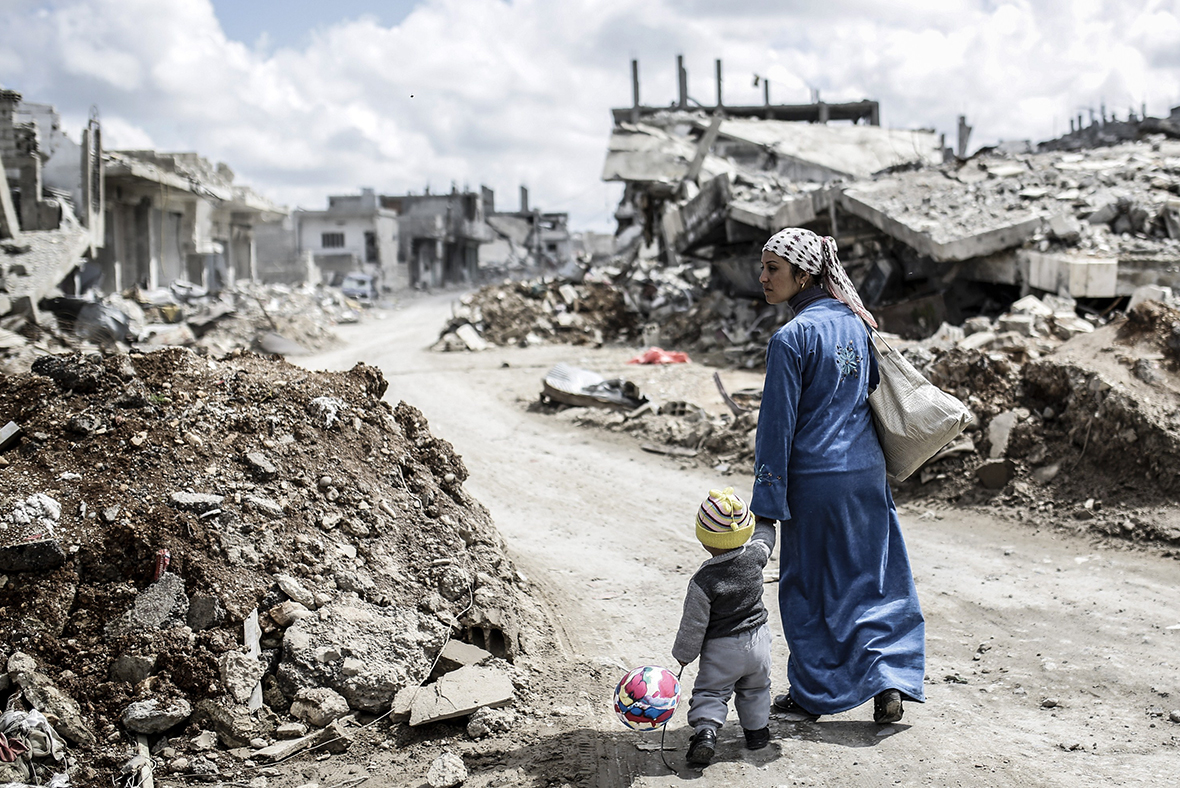Ever wondered what the difference between
collaboration and cheating/copying is? A few days ago, I sat through a master class
on entrepreneurship education and we made an attempt to assess how the entrepreneurial
mindset could be taught!!! You know, it is one thing to teach entrepreneurship
but, mindset - that is on a totally different level. Then a discussion ensued
amongst the participants on the difference between the environments created in
schools and the real world environment. In school you are judged on an
individual level but taught with a standardized text, while in the real world
you are given individualized job descriptions and assessed on how well you
perform as part of the organization (systems perspective). In the case where
you deviate from the classroom environment by seeking assistance from a
colleague to get an understanding of the concepts it is cheating but in the
real world it is collaboration. Then I decided to see what the biggest school
in existence (Internet) says and I came up with these two illustrations;
·
The first illustration I read was of two students who
collaborated on their research paper which by the way was the same topic but
they successfully came up with these two reports that were totally dissimilar
but had 1 similar quote and other similar references[1].
Reality:
When I was in high school if something similar happened the students would be
penalized for copying and changing some things in the work. However, the truth
is we are putting the cart before the house, first our educational systems need
to address individual needs of students and address each student through
personalized teaching methods.
Personal Opinion: We would have less to worry about if we didn’t see the tests, exams as a
way to judge individual understanding but focused more on assessments that show
each individual’s strength whilst working in a group.

· Second illustration: On the Harvard university website
the fourth paragraph on plagiarism and collaboration stipulates that “The
amount of collaboration with others that is permitted in the completion of
assignments can vary, depending upon the policy set by the head of the course.
Students must assume that collaboration
in the completion of assignments is prohibited unless explicitly permitted
by the instructor. Students must acknowledge any collaboration and its extent
in all submitted work[2]”.
Reality: Are
we pitting students against each other and are we fostering healthy competition
or just fulfilling some standard.
Personal Opinion: Transforming cheating into collaboration should be the role of every
educator. In the real world there are group challenges given during assessments
for job interviews, when a student is educated in an environment that is individualized
(for assessment), they would not comprehend the output of group works. This
enhances the “I” mentality even when in a group. However, most innovative and
transformative initiatives such as Facebook, Airbnb were developed by team
effort and collaboration.

[1] http://teaching.monster.com/benefits/articles/3644-collaboration-or-cheating-where-is-the-line-
[2]
http://static.fas.harvard.edu/registrar/ugrad_handbook/current/chapter2/plagiarism.html



